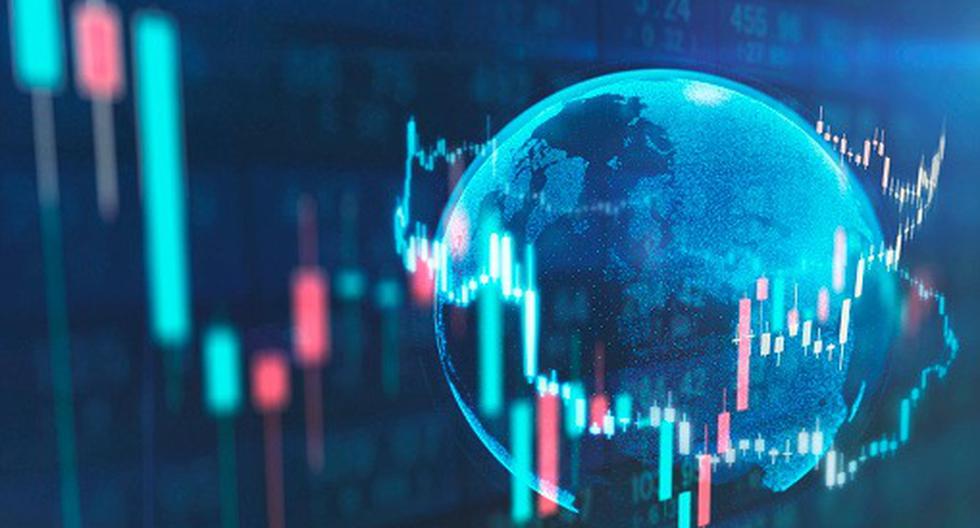To counter the high levels of inflation In the economy, Peruvian investors are taking refuge in some specific financial instruments. As local inflation levels are above 8%, the local market is taking the necessary precautions in its strategies.
In this sense, Ana Lucía Rondón, Senior Investment Analyst at Prima AFP, details that, given this scenario, five instruments are particularly interesting. “Institutional investors have set their sights on inflation-indexed bonds, the rate of which adjusts periodically and yields a return in real terms. There are also very short-term bonds, since they have a shorter duration – sensitivity to rate movements – they will not be as affected as longer-term bonds.”, he points out.
“Along the same lines, we have investments related to raw materials and real estate, since in an inflationary context both the price of housing and rent tend to adjust upwards. Finally, there are real assets in general, among others”, stated the specialist.
According to Rondón, investment decisions must take into account expectations for inflation and not just the most recent data. “In 2022, the inflationary phenomenon was the result of very aggressive expansionary monetary policies in previous years, problems in the supply chain, Russia’s invasion of Ukraine, among others. However, by 2023 and 2024 we expect inflation to start falling globally, as a result of the rate hikes we have seen from most central banks, as well as the base effect.”, he asserted.
Rondón points out that “Although last year the preference was oriented towards real rates, from now on it makes sense to migrate to nominal rates given the downward trend that we expect inflation to have”.
THE DOLLAR, THE FAVORITE
Regarding currency preference, Ana Lucía Rondón indicates that the dollar will continue to be the most attractive option to invest until a clearer political panorama is available.
“Idiosyncratic risks that have an impact on our currency. We do not expect a very negative performance for the sol relative to the dollar this year, but probably as long as the political noise remains, the preference to invest in dollars will continue, at least until local prospects improve.”, he highlights.
RECOMMENDED VIDEOS
:quality(75)/cdn.jwplayer.com/v2/media/w1pqRTfa/poster.jpg)

















